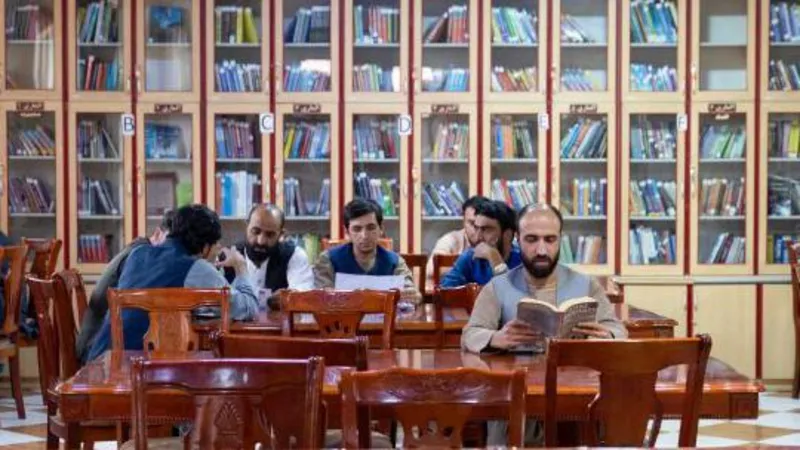Iran’s FM Arrives in Geneva for Peace Talks as Israel-Iran War Enters Day 8

By Kamal Yalwa June 21, 2025
Iran’s Foreign Minister, Abbas Araghchi, has arrived in Geneva for high-stakes talks with his counterparts from France, Germany, and the United Kingdom — the first major diplomatic effort aimed at ending the week-long war between Iran and Israel.
The Geneva talks, set to focus on Iran’s nuclear programme and the broader regional conflict, come as the war enters its eighth day. British Foreign Secretary David Lammy, after meetings with senior U.S. officials on Thursday, told Al Jazeera that “a window now exists within the next two weeks to achieve a diplomatic solution.”
This marks Europe’s first significant diplomatic involvement since Israel launched a surprise strike on Iran last week. While Germany has aligned with Israel, France has voiced caution, warning of a potential regional destabilization if hostilities escalate further.
Europe has long played a central role in nuclear diplomacy with Iran, having been instrumental in brokering the 2015 Iran nuclear deal (JCPOA), which curbed Tehran’s nuclear activities in exchange for sanction relief. That agreement faltered in 2018 when then-President Donald Trump withdrew the U.S. from the deal, prompting Iran to resume uranium enrichment.
Israel Accuses Iran of War Crimes
The conflict intensified Thursday when Iran launched a barrage of missiles into Israel, with one striking near Soroka Hospital in Beersheba, southern Israel. Iranian officials claimed they were targeting military infrastructure, not civilian sites.
Israel has condemned the strike as a war crime. Deputy Foreign Affairs Minister Sharren Haskel stated on X (formerly Twitter) that, “Iran is targeting Israeli children… This is terror aimed at the most innocent from the genocidal maniacs in Tehran. The world must not stay silent.”
Israeli officials say 24 people have been killed and over 270 injured in the recent attacks. Meanwhile, the Iranian government last updated its death toll on June 15, reporting 224 fatalities. However, the U.S.-based Human Rights Activists News Agency (HRANA) estimates that 639 people have been killed in Iran since the start of the war.
How the War Started
The war erupted on June 13, when Israeli airstrikes killed several senior Iranian generals and atomic scientists. Iran responded swiftly, launching dozens of missiles and drones into Israeli territory.
Both sides have since pledged to escalate their military actions. Last Friday, Israel warned that the conflict was “likely to last weeks, not days.”
Trump Weighs U.S. Involvement
Amid growing international concern, the U.S. appears to be recalibrating its stance. White House Press Secretary Karoline Leavitt revealed on Thursday that President Donald Trump will decide within the next two weeks whether the U.S. will get directly involved.
“The president is always interested in a diplomatic solution… He is the peace through strength president,” Leavitt said. “If there’s a chance for diplomacy, the president’s always going to grab it. But he’s not afraid to use strength as well.”
The U.S. had initially distanced itself from Israel’s attack. Secretary of State Marco Rubio previously labeled the strikes as a “unilateral action” and warned Iran against targeting American personnel or interests. So far, Iran has not attacked any U.S. assets since the war began.
As diplomatic channels reopen in Geneva, global powers will be closely watching whether talks can bring an end to what risks becoming a prolonged and regionally destabilizing conflict.




